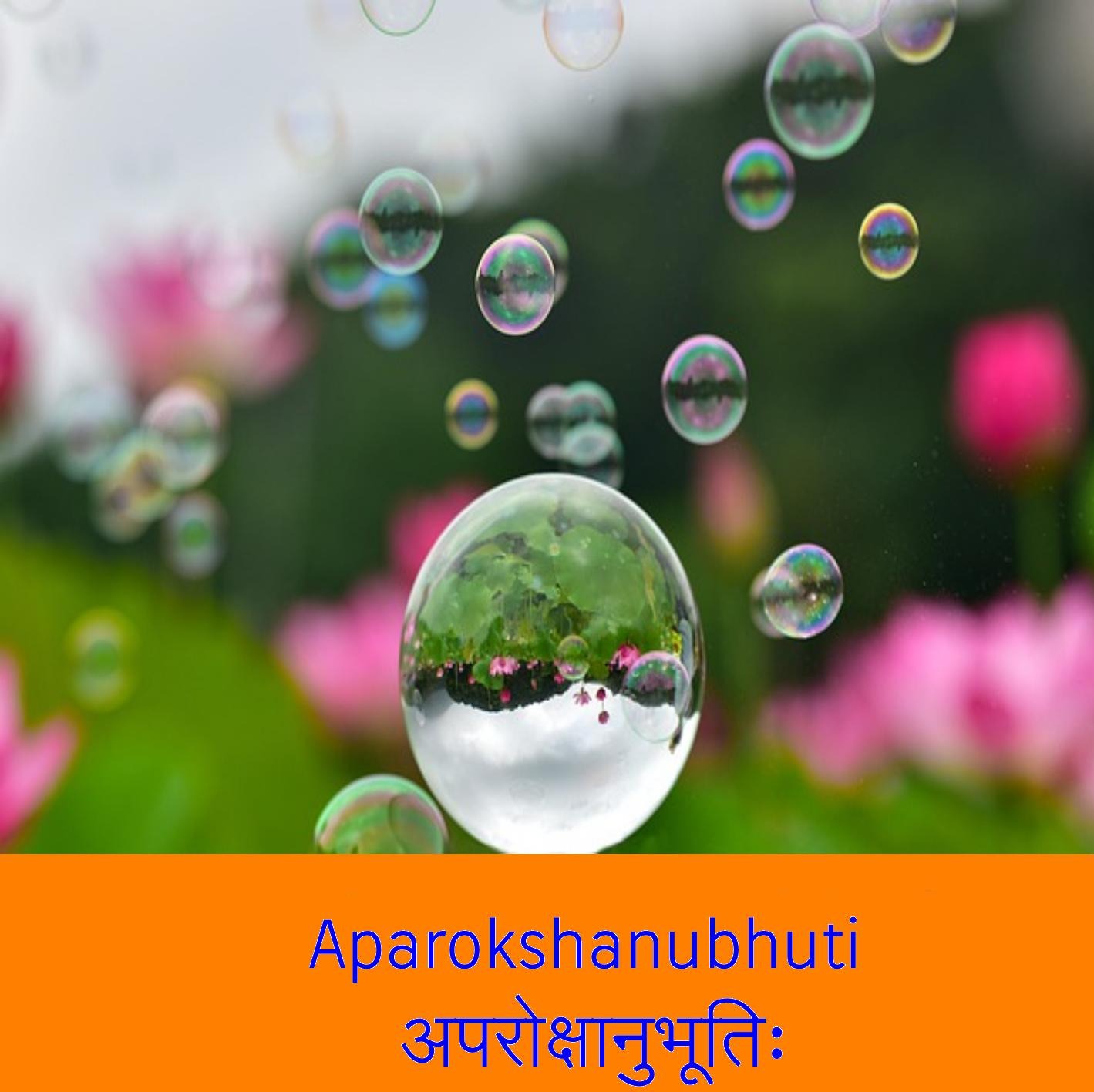Aparokshanubhuti-09
- Author
- Aurobind Padiyath
- Published
- Wed 02 Jul 2025
- Episode Link
- https://redcircle.com/shows/fe53db7f-360c-4b30-b69c-83084d6bcae3/episodes/f59b3934-8c69-4ce0-a077-537239d894fe
Verse No 15
- The material cause of both ignorance and volition is Brahman alone — eternal, unchanging, and imperishable.
- The world, though unreal in the absolute sense, functions as real until knowledge dawns, like the illusory snake seen in a rope.
- Brahman is free from all six types of modifications (birth, existence, growth, change, decay, death), since it is one (eka), indivisible, and subtle (sūkṣma) — beyond sense perception.
- The distinction between Brahman (cause) and world (effect) is only conventional, not real — as with clay and pot.
Verses No 16
This verse powerfully refutes the duality of jīva and Brahman:
- The sense of “I” in every being is fundamentally identical — pointing to non-duality.
- The Self is:
- Beyond the senses (sūkṣma),
- The knower (jñātā),
- The witness (sākṣī),
- Unchanging (nirvikāra),
- Eternal and undivided (sat and avyaya).
- Therefore, this experienced “I” is Brahman.
- There is no real difference between the individual self and the absolute.
